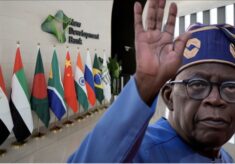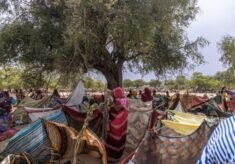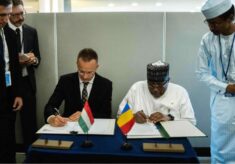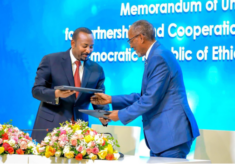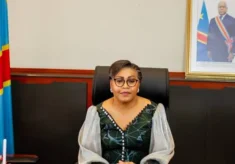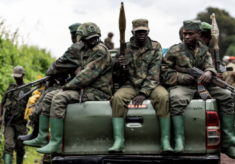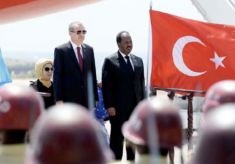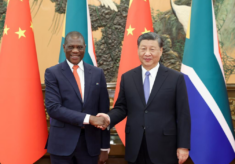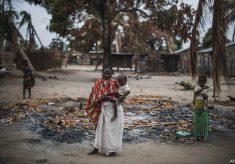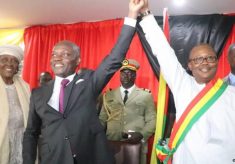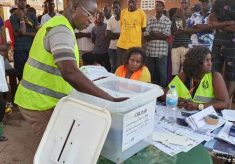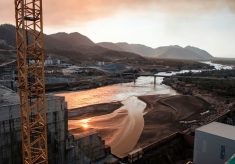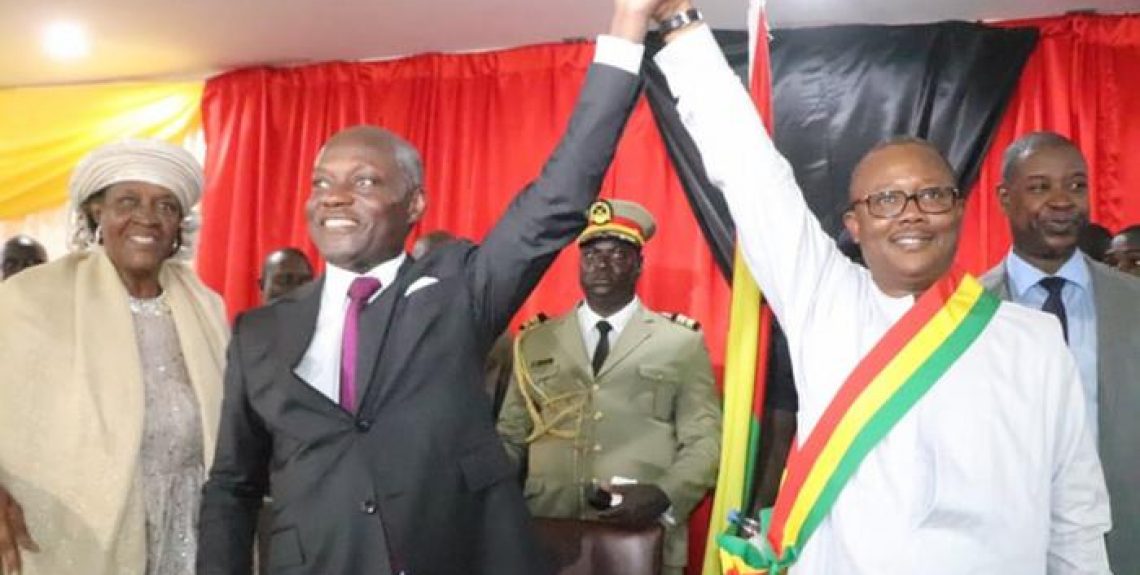In February, the West African country was in the midst of a delicate political stalemate. Candidate Umaro Sissoco Embaló, who emerged as the winner of the second round of presidential elections, swore himself in, as announced, during a symbolic inauguration ceremony in a hotel in the capital Bissau, anticipating the Supreme Court’s ruling. Domingos Simões Pereira, his opponent in the elections run-off, indeed appealed to the Supreme Court of Justice to annul Embaló’s victory, denouncing procedural violations by the National Electoral Commission (NEC). In the meantime, Cipriano Cassamá, president of Guinea-Bissau’s Parliament, was nominated as interim President by the parliamentary majority coalition, led by Pereira’s party, the African Party for the Independence of Guinea-Bissau and Cape Verde (PAIGC).
The country found itself with two presidents. Yet, after only one day in office, Cassamá resigned, alleging death threats to his life. Meanwhile, there are also two prime ministers. In fact, Embaló decreed the appointment of Nuno Gomes Nabiam to replace the incumbent prime minister, Aristides Gomes. Also threatened, Gomes refused to recognise Embaló’s decree and to leave the office for which he was legally appointed following the 2018 legislative elections. The dismissal of Gomes’ government coincided with the occupation by the military of the ministries and of the judicial institutions, among which the Supreme Court, and the removal of the protection provided by ECOMIB (ECOWAS Mission in Guinea Bissau), the peacekeeping force deployed by the Economic Community of West African States (ECOWAS).
At the beginning of April, the presidency of the Supreme Court of Justice communicated the decision to postpone the discussion on the electoral controversy until the end of the state of emergency, declared due to the coronavirus pandemic in Guinea-Bissau. On the 23rd of April, though, ECOWAS recognised Embaló as the winner of the presidential elections on the basis of the results published by the NEC, despite the fact that in March the regional body itself condemned the developments within the country, considering Embaló’s investiture out of the legal and constitutional framework. With this last decision, the Supreme Court’s ruling was overruled also by the West African bloc and by other institutions, such as the African Union, the United Nations and the European Union, which commended ECOWAS for eventually solving the political impasse in Guinea-Bissau.
Far from being solved, the country stand-off will most likely persist. ECOWAS exhortation to president Embaló to form a new government by May 22, seems to legitimate a political formation, in spite of the Supreme Court’s ruling, the authority responsible for settling the dispute. It is a dispute which appears to have been outsourced to the regional body.
Even supposing that a new government was to be formed, it would hardly win a parliamentary confidence, since the majority of the seats is held by the coalition supporting Gomes. The potential alternative considered by Embaló, namely the dissolution of Parliament and the subsequent request for snap elections, is likewise problematic for at least two reasons. On the one hand for technical and financial issues; on the other, for a constitutional problem. According to the country’s Constitution, the Parliament dissolution is a prerogative of the Head of State in case of serious political crisis. At present, the country has a legitimately elected government and a parliamentary majority, conditions that would not seem to justify a dissolution.
ECOWAS also called for a constitutional reform, an initiative that has to be decided by a referendum within six months and that the regional organisation considered as a solution for the recurrent instability of the country. Such a revision would require a qualified majority of two-thirds of the MPs.
It is a crucial issue that would affect the country’s political structure on the long-term. With that constitutional reform, Guinea-Bissau could eventually move towards a fully semi-presidential or presidential system, instead of the existing sui generis semi-presidentialism, with a strong parliamentary character. Therefore, the way out of the political stalemate will certainly be uphill in the tiny African country with a precarious balance but extremely significant effect on regional security.
